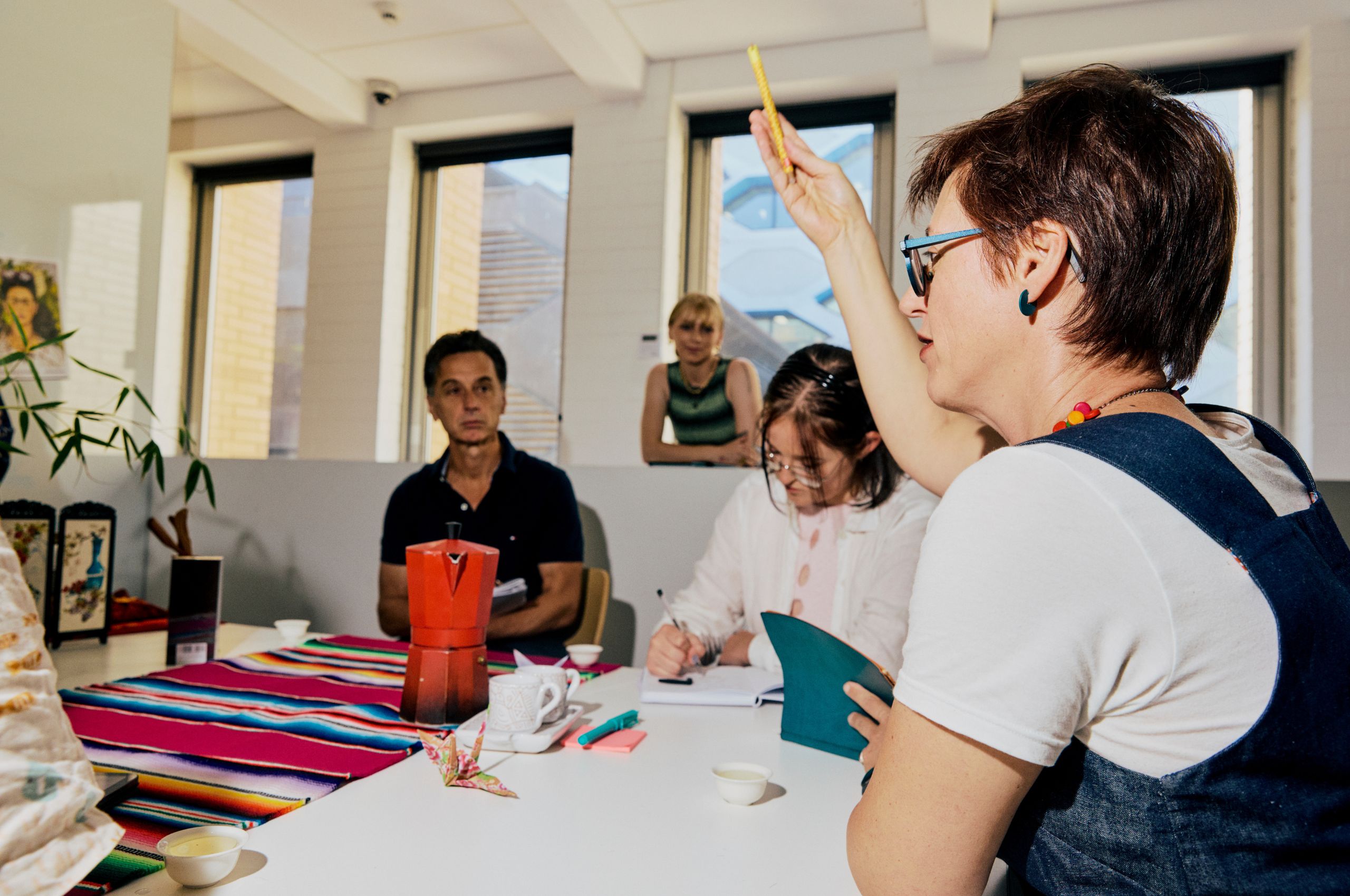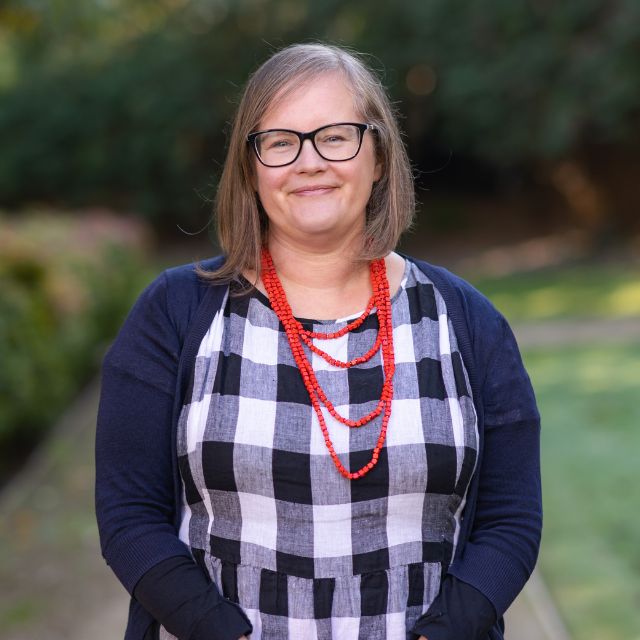About the Department of Languages and Cultures

The Department of Languages and Cultures explores how people use language and other media to connect with each other and tell their stories.
Our Department is part of the School of Humanities and Social Sciences.
We offer undergraduate majors and postgraduate supervision in Asian Studies, Classics and Ancient History, Creative Writing, English, Languages, Linguistics and Visual Arts.
Our goal is to produce outstanding graduates who contribute to our understanding of cultural expression, identity and cultural diversity.
And, our education programs are world class.
The Times Higher Education World University Rankings by Subject ranks La Trobe in the top 20 universities in Australia and the top 200 in the world for its Arts and Humanities subjects.
We also rank 11th in Australia and in the top 250 in the world for Linguistics subjects, and 10th in Australia for Modern Languages in the QS World University Rankings by Subject.
Our staff are research leaders who produce high impact outcomes. They make a distinctive contribution to disciplinary and interdisciplinary debates and conversations, in Australia and internationally.
We also partner with arts, cultural and community organisations across Victoria on public engagement activities including art exhibitions, public events, school outreach, writing workshops and festivals, performances and academic conferences.

We are a diverse and vibrant Department, and we are strong advocates for the role that Languages and Cultures play in promoting connections between various communities at a local and global level. Whether you are passionate about languages, the ancient world, or literary or visual culture you will find a supportive home in the Department of Languages and Cultures.
Culture and communication
Whether you want to become an artist, an author, or work in cultural, educational or social arenas, a La Trobe degree is the gateway to a rewarding career.
Our students benefit from our flexible approach to teaching that allows them, where possible, to engage in learning at a time and place of their choosing. We offer on-campus, online and hybrid learning opportunities, in semester-long study or shorter, block-mode options.
Our focus on languages allows students to explore another culture and develop their communication skills. Students can learn one of eight languages: Auslan, Chinese, French, Greek, Hindi, Italian, Japanese or Spanish.
Find out more about how to study a language at La Trobe.
Students also have the opportunity to put their theoretical learning into practice, by undertaking an industry placement with an organisation of their choice.
Some of our English students, for example, have undertaken an intensive 22-week internship with a Melbourne-based publisher, giving them in-house publishing experience.
Our Visual Arts students can take ‘Exhibiting Cultures,’ a gallery-based subject in partnership with Bendigo Art Gallery. It deepens learning across a range of arts disciplines and creative practices including Art History, Archaeology, Law, Textual Studies, Education and Politics, via the experience of a unique, curated exhibition.
Research with impact
Our research culture is inclusive and dynamic, purpose built for academic and creative endeavours.
Our researchers partner with industry, government and community organisations to explore cultural expression, identity and inclusion and language diversity.
Our Higher Degree Research programs give candidates the opportunity to join a vibrant community of researchers who use robust methods and innovative ideas to explore all aspects of the human social and cultural experience.
We supervise Higher Degree Research students in Classics and Ancient History, Creative Writing, English and Literary Studies, Linguistics and the Visual Arts. We also supervise students researching Chinese, French, Greek, Hindi, Italian, Japanese, Spanish speaking societies and cultures.
Our research aligns with La Trobe University’s research themes: Social change and equity, Healthy people, families and communities and Resilient environments and communities.
Our research is grouped into five key areas:
Our researchers specialise in all facets of the human voice, from the sounds we make and the physiology that supports them, to the ways in which voices are expressed in writing across time and space. We explore and celebrate the voices of marginalised people.
Our researchers explore the spaces and identities of those that sit at the margins of the mainstream. We also examine how larger movements and national projects can shift between the centre and the periphery.
Our researchers examine how art and language are used to represent ourselves, our stories and our cultures. This includes the ways in which accents express distinct social identities, how writers position themselves and others, and how aesthetic culture influences our understanding of other species. We also explore how fiction renders historical figures to interrogate the present and past, and the role of young adult literature in identity formation for young people.
Our researchers use painting, photography, textiles and sculpture, creative and non-fiction writing practices, script, screenplay and translation to find new ways to bring their expertise to diverse audiences. We also approach creative practice as an area of research, investigating creative labour, social engagement and speculation.
Our researchers explore how meaning is attached to place. We question how contemplative and poetic encounters with place can bring about other more generative and just ways of being. We also think critically about how aesthetics and ideology are translated to create a sense of place.
Research centres
Our staff make key contributions to La Trobe University's research centres.
The A.D. Trendall Research Centre for Ancient Mediterranean Studies specialises in Ancient Mediterranean studies, particularly in the archaeology of South Italy and Sicily during the Classical period. It hosts a lively program of conferences, lectures and seminars. It also hosts scholars and graduate students to use its extensive collection of books, periodicals and archival materials relating to Greek and Roman culture, and images of South Italian red-figure vases.
Find out more about the Centre.
